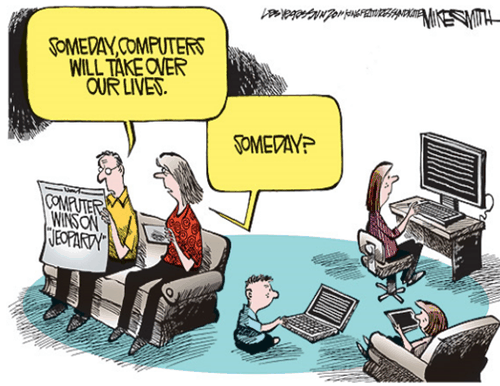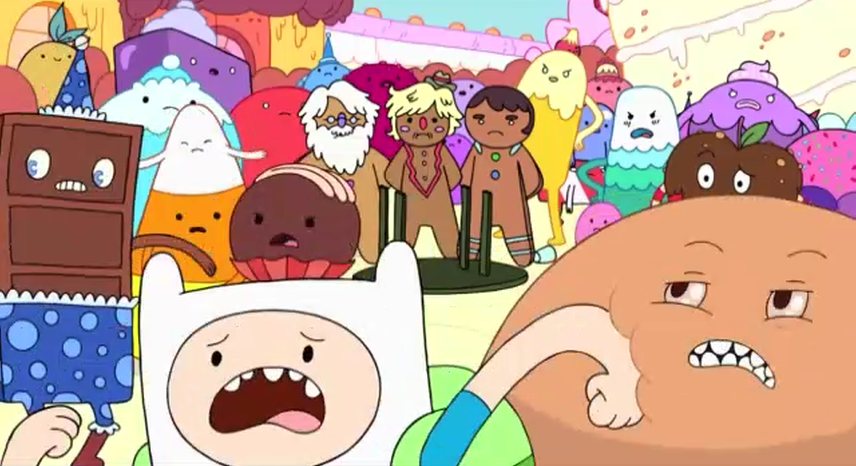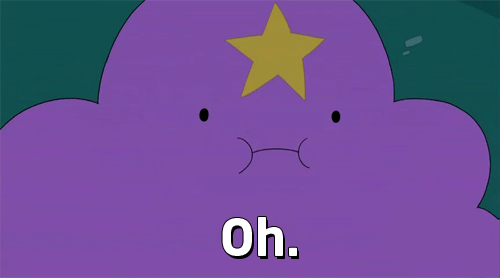Once upon a time there was there was a society whose cultural sphere was led and from and fed meaning from narrative. This lasted for many hundreds and thousands of years, until one day, Database was introduced to the society. He challenged Narrative’s ways, and soon, before long, was running the show.

Are databases and their devices taking over narrative in our culture?
Novels and films have long since established narrative as the fundamental practice of cultural expression in the modern age. However, many new media forms are contesting this, showing that cultural expression does not necessarily need to be tied down by a beginning, middle and end nor a developmental (whether theomatical, formal or sequence) structure.
Databases are and networks are now dominating social form and culture. These “structured collection[s] of data” as Lev Manovich calls them operate in either a Hierarchical, Network, Relational or Object-oriented structure in organisation communications and information.
Jean-Francois Lyotard, a French philosopher, sociologist, and literary theorist guy called our evolving culture as a “computerized society”. As databases progress, we see a world dominated by and characterised by a formless throng of images, texts and data records.

Jean-Francois Lyotard
Encyclopedias are essentially collections of recipes, quotes, photos and facts.
But, since the introduction of CD-ROMS in 1993, their use and identity has changed quite significantly. They are no longer simply a storage device but a cultural form on their own. They have the ability to generate a “virtual museum” which can be accessed through a multitude of pathways. Whether categorically (by country, artist, writer, scientist) or chronologically, each viewer has the potential to access the information via a variety of different avenues.
Ilana Snyder from Monash University had a bit say on why our culture is moving from narrative in the direction of databases. The work here echoes what Lev Manovich says about it, but gives you yet another few more explanations as to why and how the shift is moving.
New Media and Cultural Form: Narrative versus Database – Ilana Snyder
The Database Logic by Lev Manovich
In contrast, good old narrative only gives the viewer one road to information! Therefore, one of the most attractive features of databases is that they give choice and power to whoever is driving the device in terms of how they want to access and understand imagery, information and communication. Databases and CDROMS can be considered fertile and changeable, as they soak up and order information in a way that narratives would struggle or fail to do.






